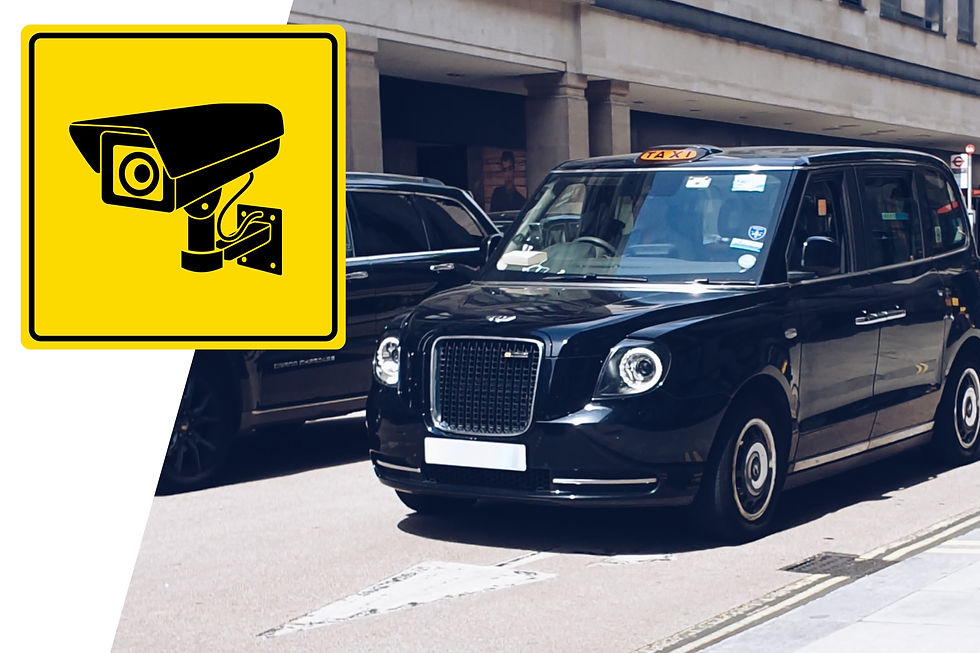CCTV in taxis CAN help drivers who often face ‘racially motivated’ abuse says DfT minister

CCTV in taxis can help cabbies who often face ‘racially motivated’ verbal and physical assault, says Department for Transport (DfT) minister.
In July 2020, the DfT published new statutory taxi and PHV standards. These included a number of standards that taxi and PHV licensing authorities are now expected to implement. In those standards it was expected that all licensing authorities in England and Wales should undertake a consultation on in-vehicle CCTV in taxis and PHVs.
Some local authorities have already introduced mandated taxi cameras in all vehicles and others, like Transport for London (TFL), are in the process of consulting whether CCTV should be introduced into all vehicles.
The expense of installing CCTV remains high and is estimated to cost cabbies between £450-£600. Some drivers can fund the cameras using local hardship schemes.
Caroline Dinenage, a Conservative MP for Gosport, asked the Secretary of State for Transport what assessment has been made of the potential merits of making CCTV compulsory in taxis.
Trudy Harrison, Department for Transport (DfT) Parliamentary Under-Secretary, replied: “The Statutory Taxi and Private Hire Vehicle Standards issued in 2020 provides the Government’s view on the merits of installing CCTV in taxis and private hire vehicles; that it can deter those drivers that seek to abuse their position of trust and be of investigative and evidential value when this is alleged.
“The use of CCTV can provide a safer environment not just for passengers but also for taxi and private hire vehicle drivers who often face verbal and physical assault, which is frequently racially motivated, and from false accusations.
“All licensing authorities should consult to identify if there are local circumstances which indicate that the installation of CCTV in vehicles would have either a positive or an adverse net effect on the safety of taxi and private hire vehicle users and drivers, taking into account potential privacy issues.”








